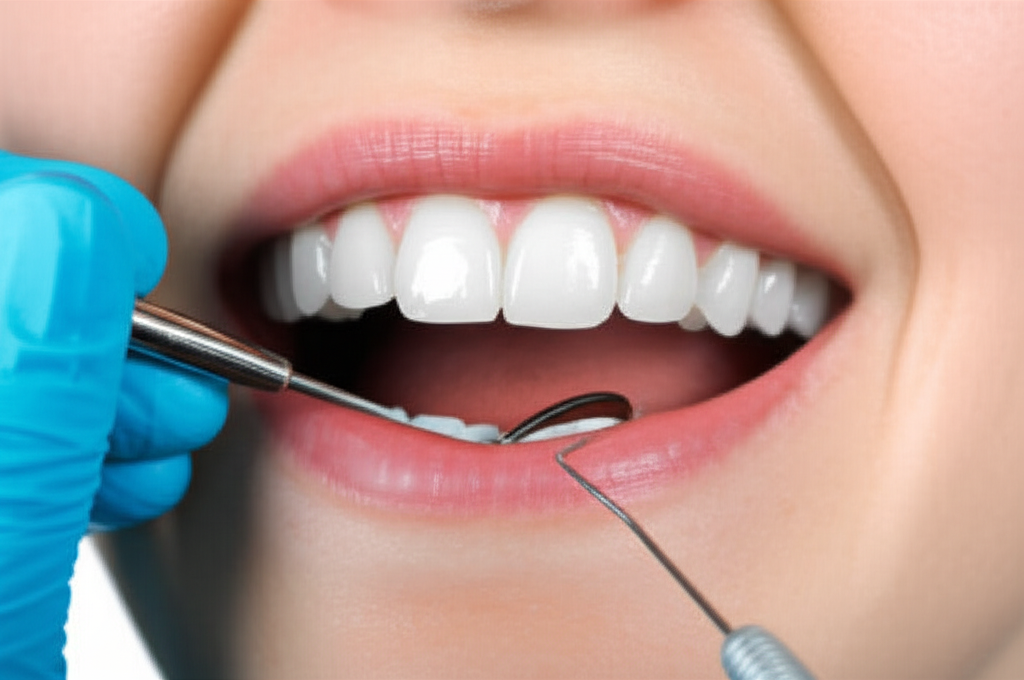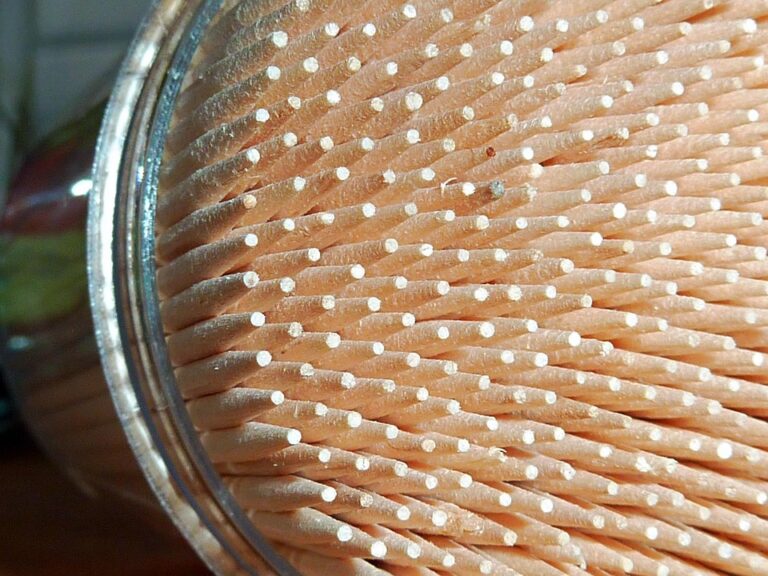
How to Prevent Dental Implant Failure: A Friendly Guide to Keeping Your Implant Healthy
That moment when you decide to get dental implants—whether to fix one tooth or more—should bring you more smiles, confidence, and better chewing. But after making this big choice, it’s normal to worry: “What if something goes wrong? How can I make sure my implant lasts?” If you’re asking these questions, you’re already starting to care for your implant’s future. In this guide, I’ll walk you through how to prevent dental implant failure—with clear steps, easy explanations, and some friendly advice. Let’s turn your concerns into simple things you can do.
In This Article: What You’ll Learn
- What Dental Implant Failure Means: Causes and Risks
- Best Ways to Prevent Dental Implant Failure
- Warning Signs Something Might Be Wrong
- What to Do If You Think You Have a Problem
- Key Points: Making Your Implant Last
- Common Questions About Avoiding Implant Problems
What Dental Implant Failure Means: Causes and Risks
Let’s start with the basics—what can go wrong, and why.
What is Dental Implant Failure?
Dental implants are a big step forward in dentistry. They act like fake tooth roots, letting you chew and smile naturally. But sometimes, something can go wrong with how the implant attaches to your jaw or with the gum around it. Dentists call this “dental implant failure.”
There are two main kinds:
- Early failure: Issues come up in the first 3-6 months, usually before the implant has joined with the bone.
- Late failure: Problems happen months or years later, usually because of bone loss, gum issues, or too much biting force.
Why is prevention so key? Because fixing a failed implant can mean more surgery, more time without a tooth, and spending more money. The good news: if you know the risks, you can do a lot to prevent problems.
Early Implant Failure: Main Reasons
Early failures often happen because of:
- Healing issues: The implant needs to join with your bone, like a plant root in soil. If the bone isn’t strong enough, or if there’s too much movement, it won’t work.
- Infection: Any surgery can get infected, and your mouth has a lot of bacteria.
- Surgical mistakes: The implant has to be placed just right. If it goes into weak bone or isn’t secure, it may not heal well.
- Overall health: Problems like uncontrolled diabetes or weak immune system can slow healing.
Late Implant Failure: What Can Happen Over Time
Late failures usually creep up slowly. Watch out for:
- Gum infection around implant: This is like gum disease, but around an implant. Plaque causes your gums to get sore and your bone to wear away, which can loosen the implant.
- Too much pressure from biting: If you grind your teeth or bite into hard foods, you put extra stress on your implant that can damage it.
- Bad cleaning: Implants can’t get cavities, but poor cleaning lets plaque hurt the bone and gums.
- Injury: Accidents, falls, or using your teeth as tools can damage an implant, just like with real teeth.
- Implant parts breaking: Screws, crowns, or parts of the implant can break or come loose. Bacteria can get in through small gaps.
- Health changes: New health problems or medicines can slow down bone healing or cause bone loss.
Want to see some numbers? Check the table below for facts about success rates and risks.
Best Ways to Prevent Dental Implant Failure
Wondering, “What can I really control?”—a lot! Here’s how you and your dentist can keep your implant healthy for many years.
Good Oral Hygiene Habits
Taking care of your teeth every day is a big deal—even with implants.
Here’s what to do:
- Brushing: Use a soft toothbrush or an electric brush. Clean all the way around the implant gently. Do this for two minutes, two times a day.
- Flossing: Regular floss is okay, but special floss for implants, little brushes for between your teeth, or water flossers can help clean under the crown.
- Mouthwash: Use mild, alcohol-free mouthwash if your dentist says to. Sometimes, a special mouthwash is used for higher risk people.
- Routine: No need for fancy stuff—gentle, steady cleaning is best. Don’t brush too hard, or you might hurt your gums.
Tip: Soft, sticky plaque turns into hard tartar if left too long. Only a dentist can clean tartar, so don’t miss your checkups!
Regular Dental Visits and Cleanings
Your dentist is your backup.
- Dental checkups: Go to the dentist every six months (or sooner if you have more risks). They’ll check your gums, the implant, and take X-rays if needed.
- Professional cleaning: Implants need special cleaning tools. Your dental team will use ones that won’t scratch your implant.
- Finding problems early: Regular visits mean small problems get fixed before they become big ones.
Want more help with dental care and maintenance? Check out our simple, step-by-step guide.
Life Choices That Help Implants
Your habits matter too.
- Quit smoking: Smoking lowers blood flow and raises the risk of infection. Smokers lose implants more often. Quitting makes a big difference.
- Control diabetes: If you keep your blood sugar controlled, your mouth will heal well. Poor control hurts your gums and bone.
- Careful eating habits: Don’t chew ice, bite pens, or eat really hard candy. Try to avoid super sticky or tough foods too.
- Fix tooth grinding: Many people grind their teeth at night and don’t know it. If you do, your dentist can make you a special night guard to protect your implant.
- Drink less alcohol: Too much alcohol slows healing and raises your risk for infection.
- Eat healthy: Your mouth needs good food too. Foods with calcium and vitamin D help build strong bone and gums.
Curious how your routine affects your teeth? Read more on teeth health and best practices.
Protect From Injuries
Protect your mouth the same way you would wear a helmet or seatbelt.
- Sports: Always wear a mouthguard if you play sports or are at risk for falls, even if your implants are new. Accidents happen.
- Don’t use teeth as tools: Don’t open things or tear packaging with your teeth—it’s not worth a broken implant.
Before Getting an Implant: Picking the Right Team
It all starts with a good plan.
- Choose a good dentist: The right specialist makes a big difference. Skilled dentists use the best tools and place implants carefully (often with digital help).
- Careful checks first: Before you get an implant, your dentist will check your bone, your gums, and your whole health. Sometimes, you might need more bone built up before an implant will work.
- Implant types: There are different materials for implants (like titanium or zirconia). Your dentist will pick the one that fits you.
Warning Signs Something Might Be Wrong
It’s great to prevent problems, but if something slips through, you want to spot it early.
Watch for:
- Pain that won’t go away: Some pain is normal after your implant, but if it sticks around, get it checked.
- Red, swollen, or sore gums: Gum swelling is one of the first signs there’s an issue.
- Bleeding around the implant: Your gums shouldn’t bleed while brushing or flossing.
- Pus or yucky stuff: Pus near your implant is a sign of infection—call your dentist.
- Loose implant or loose crown: If your implant or crown feels wobbly or shaky, see your dentist fast.
- Pain when chewing: If it hurts to chew, don’t just ignore it.
- Weird taste or bad breath: These can sometimes mean there’s infection hiding below the gums.
If you want to know more about problems with your mouth, read our article about dental diseases and how they develop.
What to Do If You Think You Have a Problem
- Call your dentist right away. Any weird feeling—pain, swelling, moving—means you need a dentist to look.
- Don’t try to fix it at home. Over-the-counter gels or home tricks may help with pain but won’t cure the real problem.
- Act quickly. The sooner you get it checked, the better the chances your implant will be okay.
Most failures can be fixed easily if you catch them early. Your dentist wants to help you—that’s what they’re there for!
Key Points: Making Your Implant Last
Let’s sum up the best things you can do to keep your implant strong—turning habits into a lifetime of healthy smiles.
Easy Checklist:
- Brush two times a day with a soft toothbrush or electric toothbrush.
- Use special floss, water flossers, or small brushes for cleaning around your implant.
- Go to the dentist for cleanings and checkups—don’t skip X-rays.
- Stop smoking and control health conditions like diabetes.
- Stay away from hard, sticky, or chewy foods that can stress your implant.
- Wear a mouthguard for sports and a night guard if you grind your teeth.
- See your dentist right away if you feel pain, swelling, bleeding, or if your implant is loose.
Remember:
Your implant is an investment in yourself—it helps you eat, talk, and smile with confidence. Take care at home, get regular checkups, and keep healthy, and your implant can last for many years. Don’t be afraid to call your dentist if you’re unsure. You don’t have to do this alone!
The Numbers Behind Implant Success
| Item | What It Means |
|---|---|
| Overall Success Rate | 95–98% over 10 years if placed by skilled dentists in healthy people |
| Early Failure Rate | 1–2% (mostly from bone or healing problems, infection, or placement errors) |
| Late Failure Rate | 2–5% (often from gum infection or too much bite force) |
| Gum Infection Around Implant Rate | Affects 10–20% of patients, 5–10% of implants over 5–10 years |
| Smoking Risk | Smokers have 2–3 times higher risk of failure; heavy smoking = even higher |
| Uncontrolled Diabetes Risk | About 3–5 times the risk of failure if blood sugar is high |
| Good Cleaning Boosts | Doing all care steps raises your success rate 10–15% over five years |
| Bone Build-up Success | 90–95% success when bone built up before implants |
Most dental implants work well. Care and checking early keeps you on the success side.
Common Questions About Avoiding Implant Problems
Q: Can dental implants get cavities?
No—the implant is fake, so it can’t decay. But the gums and bone around it can get sore or infected, just like real teeth.
Q: I have diabetes. Can I get an implant?
Yes. If your diabetes is controlled, it’s usually okay. Just keep your blood sugar in good range and stay in touch with your dentist.
Q: When can I eat normally after my implant?
Follow what your dentist tells you. Usually, you’ll eat soft foods for a few days or weeks. Don’t eat hard or chewy things until your dentist says it’s safe.
Q: How long do implants last?
With good care, implants can last 20 years or more. Sometimes, they can last your whole life if kept clean and healthy.
Q: Do I need special toothbrushes or toothpaste?
A soft toothbrush, regular gentle toothpaste, and whatever cleaning aid your dentist suggests is good. Don’t use rough brushes or scratchy paste that can hurt your gums.
Who Can Get Dental Implants—and Who Should Be Careful?
Good choices are people who:
- Are healthy and have enough jawbone for the implant (or can get bone added)
- Don’t smoke, or are willing to stop
- Keep up with daily cleaning and dentist appointments
Be careful if you have:
- Uncontrolled diabetes or weak immune system
- Untreated gum problems or a lot of bone loss
- Bad habits like heavy smoking or big-time tooth grinding
Ask your dentist if you’re not sure. A full check and talk with your dentist will help see what’s safe. Complicated cases might need a dentist with extra implant experience.
The Last Word: Simple Steps for a Strong Implant
Here’s what really matters—even though implants seem high-tech, taking care of them is all about the basics: cleaning every day, seeing your dentist often, healthy choices, and telling your dentist early if things don’t feel right. The more you know and practice, the longer you’ll keep smiling with confidence.
Taking care of your implant pays you back with every easy meal, big laugh, and happy photo!
For more helpful info on teeth and how to care for them, don’t miss our easy guides on teeth information and dental care routines.








